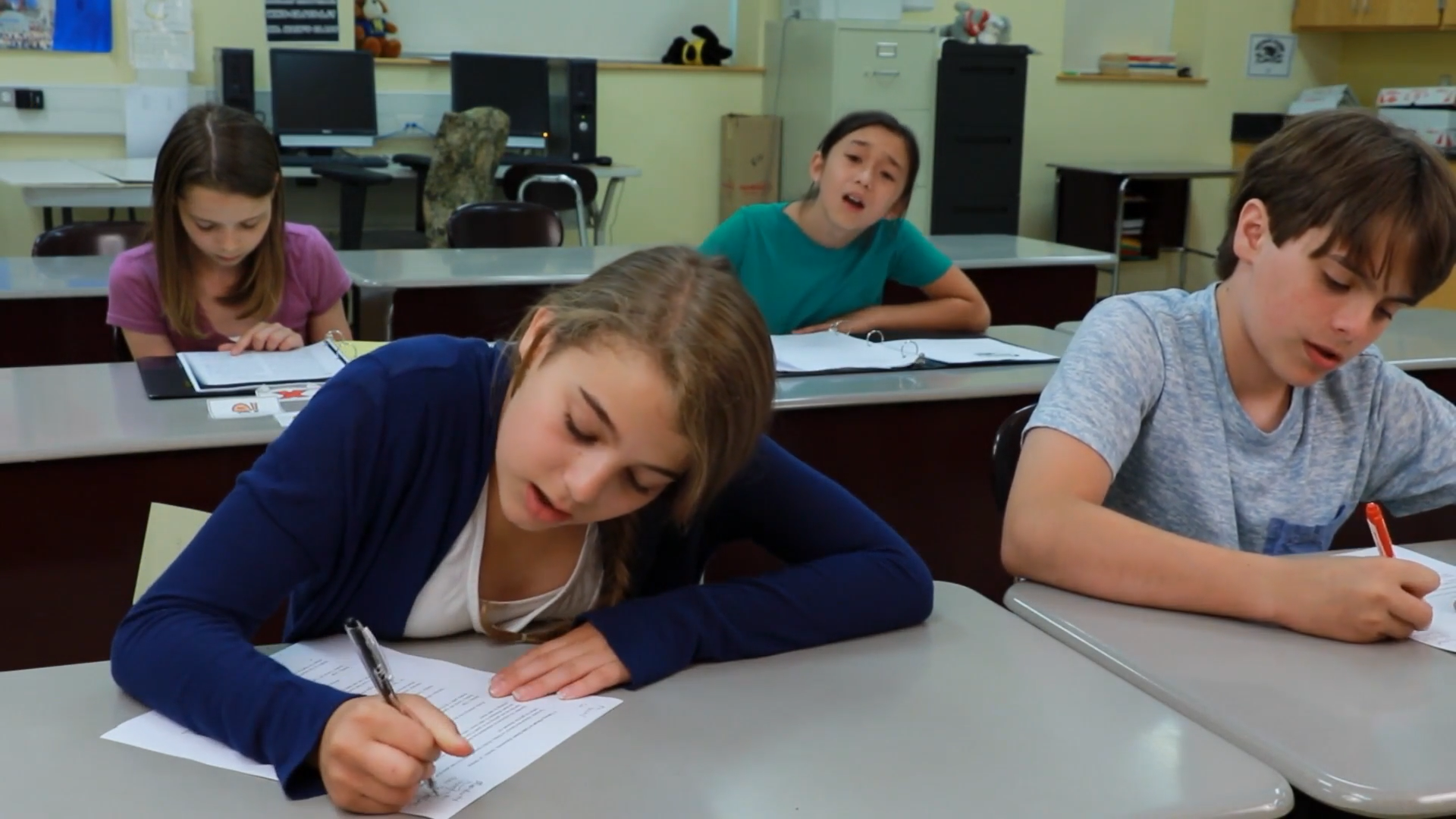
Introduction
In a world full of distractions, it’s essential for students to learn how to ignore things that might disrupt their focus and emotional well-being. This blog post will discuss a valuable social-emotional skill: the ability to ignore distractions and focus on the task at hand. By teaching students when and how to ignore people or situations that might upset or annoy them, we can help them develop resilience, self-control, and effective communication skills.
No-Prep Activity
This activity, called “Focus on the Task,” is designed to help students practice ignoring distractions while working on a task. The educator does not need to prepare any materials beforehand.
- Divide the students into pairs.
- Ask one student in each pair to work on a simple task, such as solving a math problem or writing a sentence.
- The other student’s role is to create a distraction, such as talking loudly or making noise, without touching their partner.
- Set a timer for one minute and instruct the students to begin.
- After the timer goes off, have the students switch roles and repeat the activity.
- Once both students have had a chance to practice both roles, bring the class back together for a discussion.
Discussion Questions
- How did it feel to work on a task while being distracted? What strategies did you use to ignore the distractions?
- How did it feel to be the distractor? Did you notice any differences in your partner’s ability to focus when they were trying to ignore you?
- What are some real-life situations where you might need to ignore distractions? How can practicing this skill help you in those situations?
- Why is it important to recognize when to ignore someone or a situation, rather than trying to fix it or confront it?
- How can ignoring distractions help you maintain a positive emotional state and improve your relationships with others?
Related Skills
Learning to ignore distractions is just one aspect of social-emotional development. Other related skills that can help students thrive in various social and academic situations include:
- Self-awareness: Understanding one’s own emotions, strengths, and weaknesses.
- Self-management: Regulating emotions, setting goals, and staying motivated.
- Responsible decision-making: Making constructive choices based on ethical standards and personal values.
- Relationship skills: Building and maintaining healthy relationships through effective communication, empathy, and cooperation.
- Social awareness: Demonstrating empathy and understanding of others’ perspectives and cultures.
Next Steps
Now that you’ve learned about the importance of teaching students to ignore distractions and focus on their tasks, you may be interested in exploring more social-emotional learning strategies and activities. We encourage you to sign up for free samples of our skill-based materials and resources at Everyday Speech. These materials are designed to support educators in teaching valuable social-emotional skills to their students, fostering a positive learning environment and promoting personal growth.

